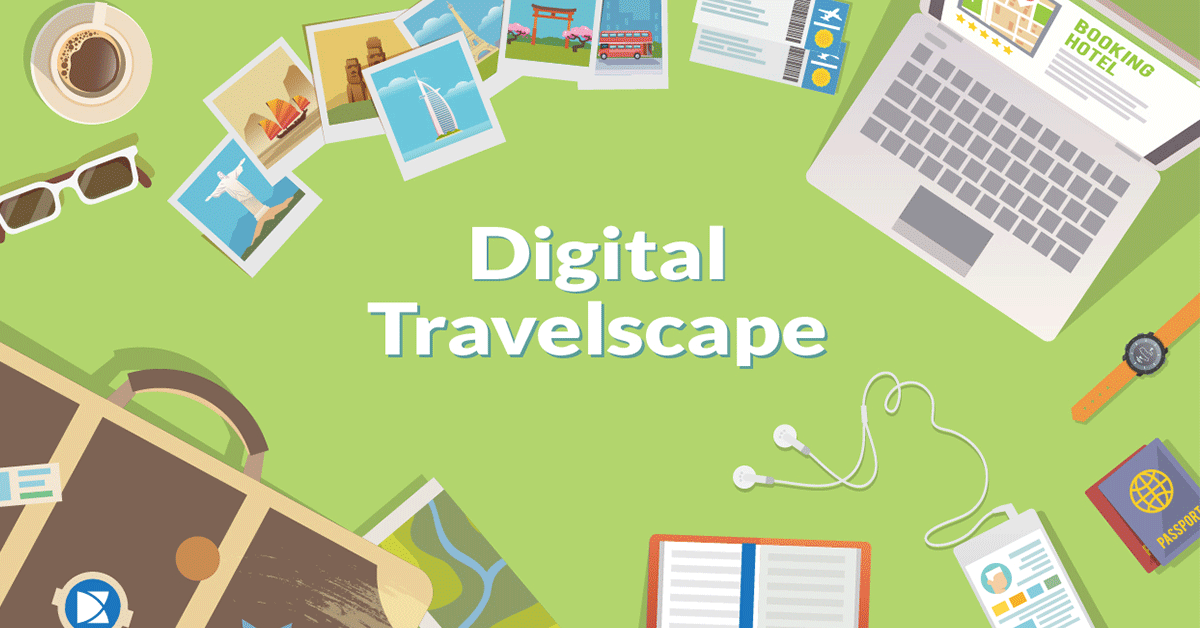
Beyond Accomodation
Understanding the dynamics of social media is critical to the success of today’s marketer. In our Digital Travelscape series, we will examine the changing tides in digital marketing to highlight emerging trends that impact how travelers make buying decisions. Follow Civilian throughout this journey and discover new insights and approaches to your travel & tourism marketing.
For at least the first half of this year, Reykjavik, Iceland topped Google’s list of the top 5 fastest-rising destination searches in the world. Once economically depressed, Iceland is back and bigger than ever. Tourism to the country is booming—and it isn’t because of the luxury hotels or sandy shores. Travelers have been flocking to the region to witness the breathtaking landscapes, experience adventure, and immerse themselves in the culture of a closely-knit community. Since 2010, Iceland has been leveraging social media to provide travelers with access to this small, remote part of the world. The strategy has paid off, with Iceland ranking atop TripAdvisor’s “Dream Trips,” and almost as many American tourists this year as there are Icelandic residents.
One of the largest disruptors in the travel & tourism industry, and arguably the greatest social media strategist, is Airbnb. User-generated content sharing is embedded in the company’s DNA— just take a look at their Instagram. Not only does Airbnb do a superb job of developing relationships with their following, the company takes it to the next level by offering guidebooks written by locals, and the relatively new feature of “Hosted Walks.” Powered by Google, these “Hosted Walks” provide travelers with useful, relevant, real-time audio tours given by locals themselves. The right message, reaching the right audience, in the perfect moment.
In October 2015, TripAdvisor partnered with Ipsos to conduct “The TripBarometer” global travel trend study. Totalling over 44,000 individual interviews, this study is the world’s largest combined accommodation and traveler survey. After statistical analysis of the data, the final report predicted 6 travel trends for 2016. Reykjavik and Airbnb are two of the fastest growing players operating in the travel & tourism sector because of their ability to satisfy two of the trends demanded by travelers: the desire for cultural-immersion and new experiences.

Globally, 47% of travelers say they have visited a destination because of the culture and people of the specific country. According to data from Airbnb, 86 percent of its users pick the platform because they want to live more like a local. With these factors influencing consumer purchasing decisions, ‘authenticity’ is the buzzword for travel brands to focus on in 2017.
Civilian understands what sparks and fuels consumer movements in the travel & tourism sector. Our weekly blog posts will explore the effects of social influencers, curating immersive escapes, the mobile first mindset, leveraging social sharing, and more.
Interested in more? Find the next installment of the Digital Travelscape Series here.
Social media is cool, and we bet you are too. Let’s be friends, contact us.